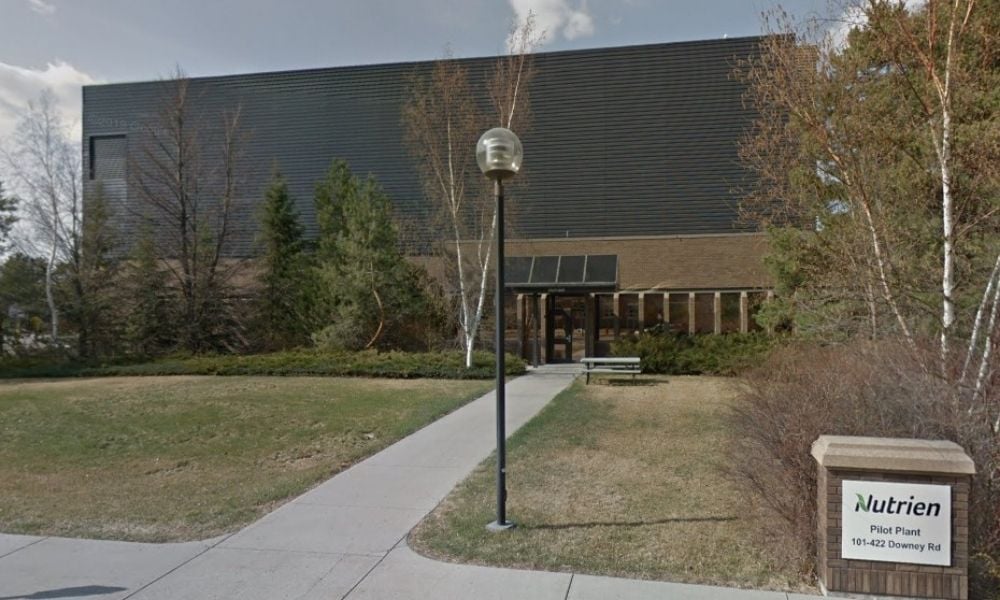Worker had marijuana prescription, didn’t inform Nutrien

A Saskatchewan worker’s failure to notify his employer about his medical marijuana prescription breached his return-to-work agreement but didn’t warrant dismissal, an arbitrator has ruled.




